On the 11th of January 2023, the World Economic Forum (WEF) produced its 18th Global Risks Report. The report is based upon a Global Risks Perception Survey (GRPS), reflecting the perspectives and insights of over 1,200 experts from business, academia, government and civil society. This year’s report shows a continuation of the trend to recognise and prioritise environmental risks, but what are the specific findings and what has changed?
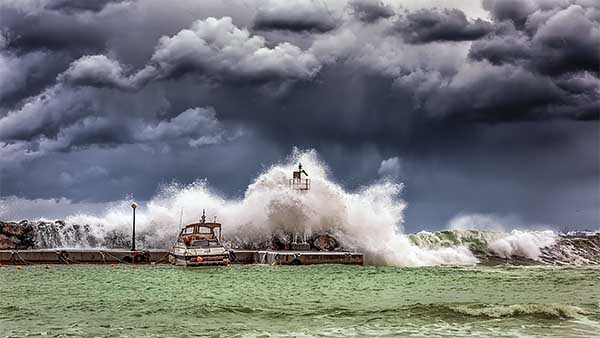
The headline issues and risks
The Global Risk Report 2023 structures risks into two main categories, those representing shorter-term, 2-year trends, and those over the longer term – 10 years (see sections below).
- The cost-of-living crisis has jumped to the top of shorter-term risks – reflecting the challenges of dealing with longer-term problems in a time of consistent disruption.
- While environmental issues contribute 5 of the top 10 shorter-term risks, they dominate the longer-term risk list, comprising the top 4 risks.
- Economic instability and geopolitical conflict are likely to present challenges to the coordinated multinational action required to respond in an integrated manner to global environmental risks.
- Risks vary in scale and scope and will give rise to negative feedback loops, such as climate change mitigation and adaptation failures (numbers 1 and 2 in the longer-term risks) and ecosystem collapse (number 4 in the longer-term risks) will have knock on effects on economic inequality and geopolitical risks – the report calls these ‘polycrises’.
- The more systemic an issue, and the more global in scope, the lower the confidence in political, government and governance systems to respond adequately.
The top 10 global risks by severity for the next 2 years
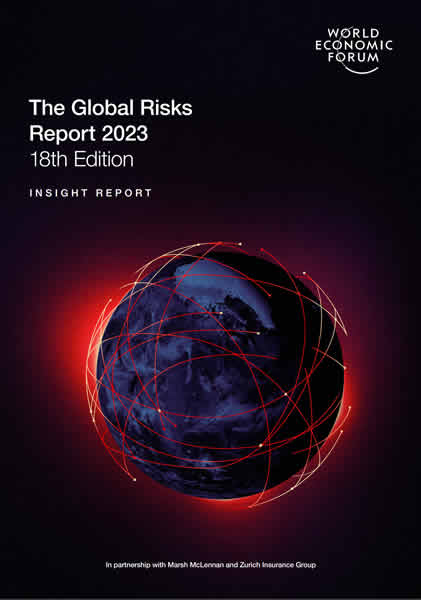
- Cost-of-living crisis
- Natural disasters and extreme weather events
- Geoeconomic confrontation
- Failure to mitigate climate change
- Erosion of social cohesion and societal polarization
- Large-scale environmental damage incidents
- Failure of climate change adaptation
- Widespread cybercrime and cyber insecurity
- Natural resource crises
- Large-scale involuntary migration.
The top 10 global risks by severity for the next 10 years
- Failure to mitigate climate change
- Failure of climate change adaptation
- Natural disasters and extreme weather events
- Biodiversity loss and ecosystem collapse
- Large-scale involuntary migration
- Natural resource crises
- Erosion of social cohesion and societal polarisation
- Widespread cybercrime and cyber insecurity
- Geoeconomic confrontation
- Large-scale environmental damage incidents.
The outlook
The 2023 Risk Report provides a mixed picture of optimism and pessimism for the longer term. Not quite 20% of respondents were optimistic that current economic disruptions would likely settle down into greater stability, but more than 50% believed that continued, persistent crises and significant tipping points were likely to lead to catastrophic outcomes over the next 10 years.
Surprisingly, perhaps, younger respondents were most optimistic for the future, around 30% of those under the age of 40 were neutral or positive about the longer term.
The report explores four emerging futures, categorising a number of ‘polycrises’ – where specific risk trends interact and develop negative feedback loops, exacerbating the scale and severity of impacts.
Optimism in the face of such complex systemic risks is perhaps hard, but the report looks to provide some seeds for hope by emphasising the need for cross-sector risk preparedness, rebuilding global cooperation, and strengthening international assessment, planning and governance institutions.
As ever, with sustainability some of the picture is clear, global problems need global responses. At the very least, consensus is required on the future we want if we are to become fit to be a planetary species.
What do global risks mean for company strategy?
It’s useful for companies to develop awareness of global risks and sustainability drivers so strategy and policy can be developed consciously, well informed by context. That’s what we often help people with. For our take on what 2023’s challenges mean for sustainable business, see 2023 sustainable business trends and challenges – what to watch out for.
developing strategy / Making plans
Can we help you?
We help companies, charities and NGOs navigate sustainability trends, risks and challenges and build or improve strategies, approaches, and plans. They want to develop and meet ambitious objectives, reduce footprint and enhance value – we provide support them to help achieve that.
DISCOVER MORE | Sustainability Issues
Coffee ads banned for misleading ‘compostable’ claims
Two major coffee brands, Lavazza and Dualit, have had their adverts banned by the UK’s Advertising Standards Authority (ASA) for making misleading claims that their coffee pods and bags were ‘compostable’.
The ASA found that both companies gave the false impression that these products could be …
Reputation risk and sustainability – who do you work with?
Reputation is widely regarded as one the most valuable assets of an organisation. Sustainability can also be an important contributor to both reputation and several dimensions of business value.
In this article we explore different dimensions of reputational risk, how it might be affected and how …
Sustainable Aviation?
On the 28 November 2023, the first long-haul passenger plane powered with ‘sustainable’ air fuel took off. SAF offers an ostensibly attractive path for decarbonisation for the airline industry – the lifecycle greenhouse emissions can be up to 70% lower than conventional fossil-based fuels.
While …
Sustainable transition – waiting for the underpants gnomes?
Dramatic changes are needed in business and industry to head off coming poly crises and build a prosperous future for the growing global population.
But plans for this ‘sustainable transition’ are few and far between and often lack credible substance to bridge the link between ambition and action. …
2023 sustainable business trends and challenges – what to watch out for
From avoiding greenwashing to facing soaring business costs, 2023 is set to be a challenging year for most business leaders to navigate.
Regulators, customers and consumers have increasing expectations for good quality, consistent information on sustainability. Communication must be accurate and …
Sustainable value creation
Understanding the relationship between your organisation and the wider world, and identifying which issues, trends, dependencies and risks are material (important) to your business future is critical. Not just for measuring and managing impact, but also for developing resilience and responding to …
Something in the air – the burden of air pollution
Small particle air pollution – when will we clear it? PM2.5 (small particle) air pollution is one of the most harmful types for human health, exposure has been linked to heart and lung disease, mental health and many other conditions including stroke, cancer and mental health. Air pollution …
Global Risks 2022
Most major sustainability issues have important risk dimensions for companies – and societies. In many cases these are still not adequately represented in board-level discussion, company risk assessments or registers.
WEF’s Global Risk Report provides a very useful, comprehensive global review and …
COP 26 – WHAT WAS ACHIEVED?
Overall Glasgow’s COP26 made good progress in some areas but failed to move others forward – what was really achieved? The world is still way off track for the Paris 1.5 degrees C – the widely accepted target that only really represents ‘hopefully not too dangerous’.
Biodiversity – the next crisis?
While we’ve been concerned with action on climate and tied up with Covid19, a larger, related crisis is brewing. Businesses are waking up to the need for action on biodiversity.
Biodiversity is one of many issues organisations should consider when developing (or reviewing) sustainable business …




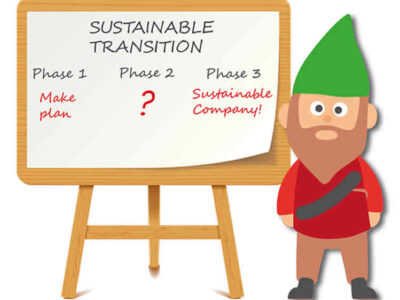


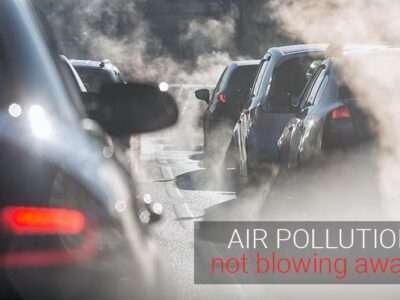

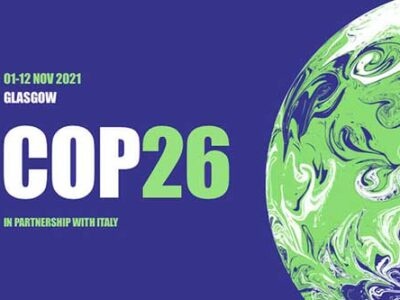

 2023 sustainable business trends and challenges – what to watch out for
2023 sustainable business trends and challenges – what to watch out for
Leave a Reply